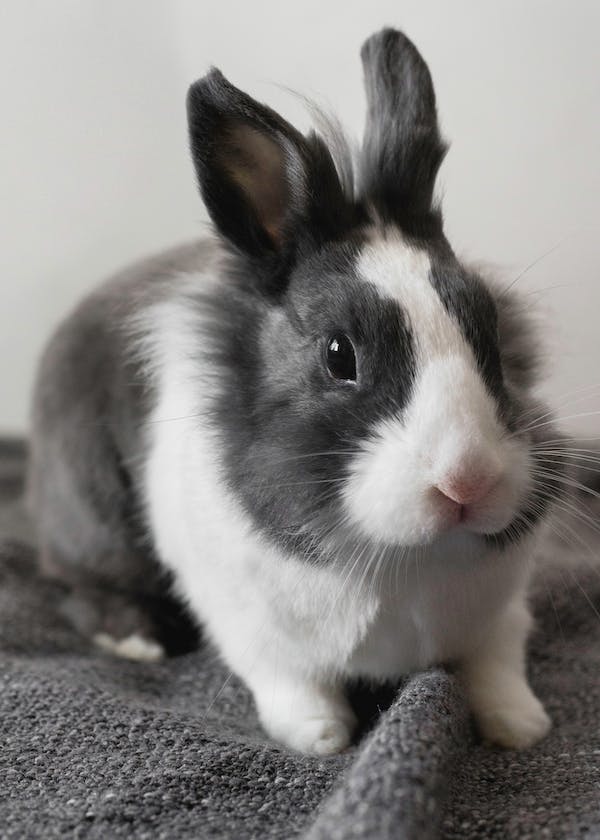Pyometra is the medical word for an infection in the rabbit’s uterus. This and other reproductive (or non-neoplastic endometrial) diseases, such as uterine enlargement and bloating, are frequent in small animals such as rabbits and ferrets. Understand the causes and symptoms to identify them and take your rabbit to the vet.
Causes of Uterine Infection
This disorder is caused by a variety of organisms, the most prevalent of which is Pasteurella multocida. Although this can be transferred sexually when an infected male rabbit mates with an uninfected female rabbit, or by retrograde transmission from the nasal cavity to the general region after mating, it can also be transmitted at birth.
Symptoms
A rabbit with pyometra will usually have blood in its pee that comes from the uterus. It may occur seldom or following the animal’s reproductive cycles. Other signs and symptom
- Increasingly aggressive behaviour
- Paleness
- Signs of a pseudo-pregnancy
- Signs of a systemic illness like shock or blood infection
- Fluid buildup in the uterus
- Stillborn pregnancies or infertility
Diagnosis
If you observe indications of a sexually transmitted bacterial illness in your rabbit, make an appointment with your veterinarian. Expect that your veterinarian will do a thorough physical examination on your rabbit and will go through its clinical history with you. It is critical to notify your veterinarian if your pet has had contact with other rabbits exhibiting similar symptoms or has recently been mated.

In addition, they may suggest the following tests to help confirm the diagnosis:
- Cervical fluid is tested for bacterial or sexually transmitted illnesses.
- Radiography of your rabbit’s abdomen will allow your vet to see the uterus and detect abscesses and pus.
Treatment:
Generally, supportive care is given before treatment. This could include giving the rabbit antibiotics or, in the instance of severe haemorrhaging, giving the animal blood transfusions. Some animals necessitate nutritional modifications, such as the addition of fresh greens. Even if they refused food before the diagnosis, many rabbits will consume these types of greens. Foods heavy in fat and carbohydrates are not recommended because they can lead to bad health and even worsen the rabbit’s symptoms.
Surgical treatment is required for some bunnies. A hysterectomy, for example, has shown some benefit in treating pyometra or other uterine problems by removing the animal’s ovaries. Ovarian abscesses or bacterial growths are occasionally discovered in the rabbit’s uterus. Those should also be surgically removed. In addition to antibiotics, your veterinarian may recommend nonsteroidal anti-inflammatory medicines (NSAIDs) to alleviate the rabbit’s pain and inflammation.
Post-surgery care:
Here are some tips to ensure that your rabbit recovers well and speedily after surgery:

- Ensure that your pet receives adequate sanitation, including frequent disinfection of their habitat and the provision of new, clean bedding.
- Encourage nutrition by offering preferred meals, fresh water, hay, and appetite stimulants like parsley, carrot tops, and kale.
- Discuss pain management choices for your pet with your veterinarian at home.
- Infection symptoms such as oedema or fever should be watched for.
- Your pet must recover in a warm, dark area.








